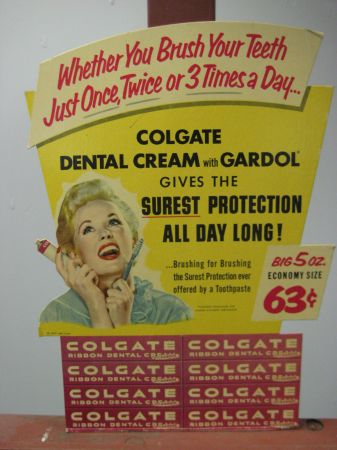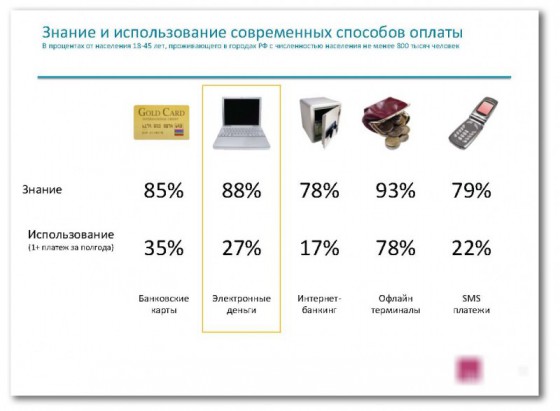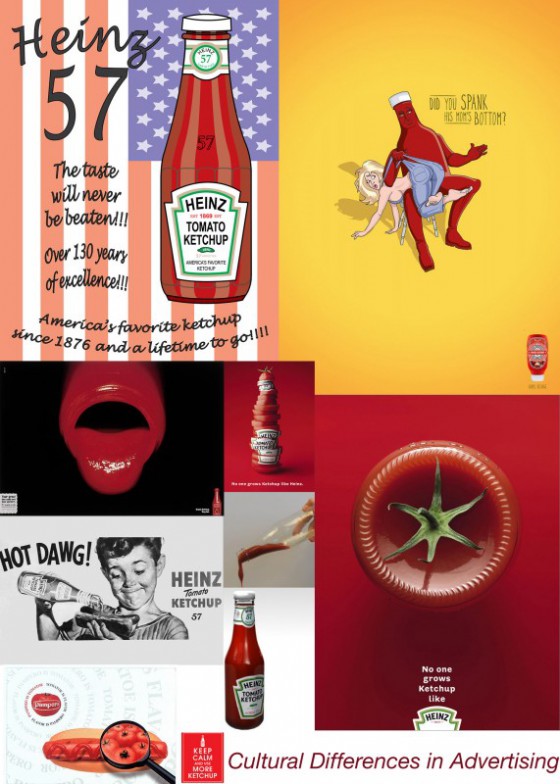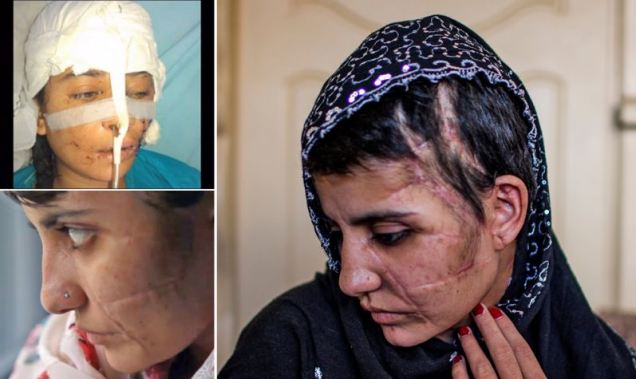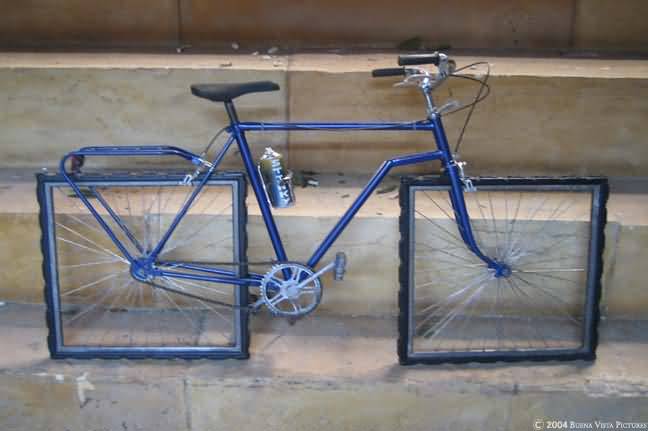
Affordance is a feature of an object or an environment that suggests a set of possible actions/interaction that a user of such object/environment can perform with it. For example, if an object has a handle (e.g. tea cup), a user can reasonably expect to pick it up via that handle without spilling the contents of the cup. On the other hand, no one has an expectation of the wheels of the bike below turning… We all recognize the bike above as an art piece. As a connoisseur of design failure, I regularly get emails with collections of failed design objects or situations. When I get enough to share, I usually post them on this blog. Bathrooms design fails seem to be a favorite, but there are others… Enjoy! (or my personal experience in The Hague) Some problems arise when the design specks change over time, like the size of a toilet paper roll versus the toilet paper holder… Some problems arise when the maps are out of date… or Some are due to timing and lack of built-in error handling… But some design solutions are there to fix the problem of cultural differences:



